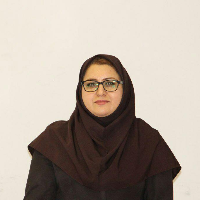Review and identify semantic technologies and their importance in retrieving digital library information
The aim of this study was to identify semantic technologies and their importance in information retrieval in Iranian digital library software.
This applied study was descriptively performed via survey method. This paper firstly identified the components of semantic technology through documentary (libraries) method and secondly prepared a checklist on the application of semantic technology in information retrieval in digital library software based on expertschr('39') opinions and Delphi method in three sections of semantic technology architecture, semantic technology tools and semantic technology in information retrieval. Excel and SPSS 25 were used to analyze the data.
The findings have shown that the semantic technology architecture structure with an average of 43%, semantic technology tools with 59% and semantic technology with 41% are very important in digital libraries. Using semantic technologies, digital library users will be able to access the information resources they need more quickly.
As digital libraries are in the early stages of development and this is especially true in developing countries; therefore, this study has provided the checklist in the field of application of semantic technology in information retrieval in digital library software based on existing backgrounds and expertschr('39') opinions. Moreover, the current study has enabled the designers and software developers of digital library software to identify their strengths and weaknesses as well as more familiar with the criteria and components in this field and the importance of each for enjoying them in designing digital library software.
-
The Application of Semantic Technology in Information Retrieval in the Softwares of Digital Libraries
, Yaghoub Norouzi*, Alireza Isfandyari-Moghaddam, Atefeh Zarei
Library and Information Science, -
Investigating the Relationship between Information Literacy and Organizational Creativity: A Case Study
tooran bagheri*, Malihe Baviran
journal of knowledge studies,


